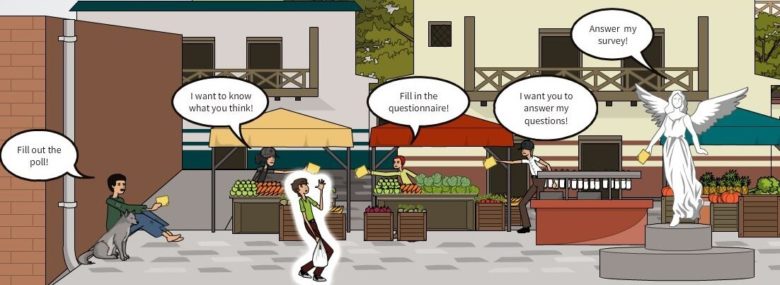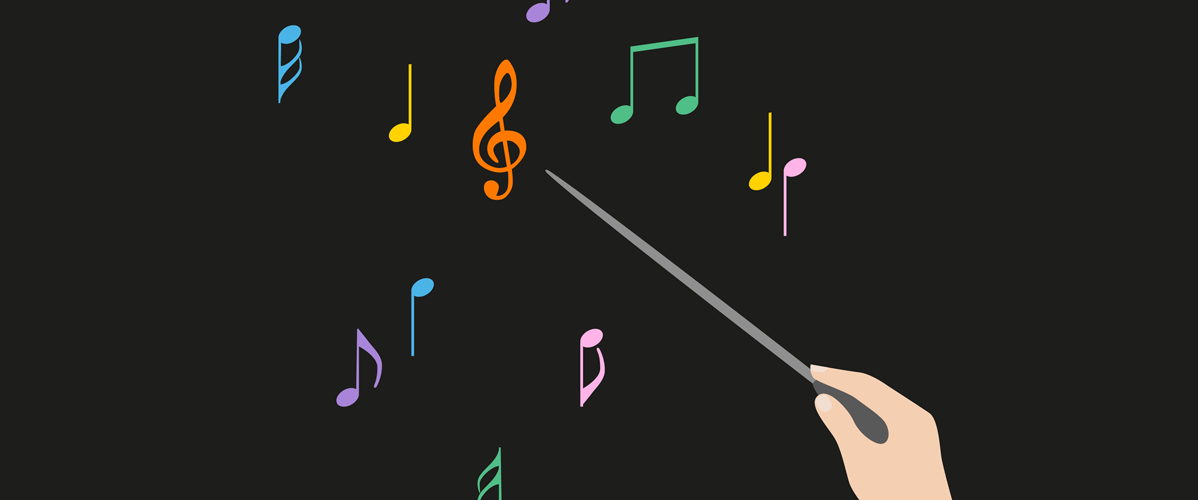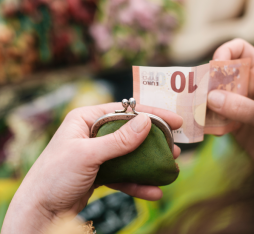What if as consummers we had the opportunity to tell whatever we think, whenever we want, the way we want? And what if suppliers would hand open mikes so that they could listen to the music of their customers’ voices?

We are constantly being solicited to evaluate in almost real-time our interactions with services, products or people. This is often perceived as intrusive and inappropriate.
In contrast, when we have something spontaneous to say, an idea or experience to tell and we want to express ourselves, we rarely have the means for that.
Therefore, along with the demand for completing polls and questionnaires, based on constraint and servitude, another type of relationship is possible, although which requires development: spontaneous and free expression, based on necessity and gifts.
Being requested to speak immediately: “here’s a spot poll!”
If I used a product or service and the supplier wished to know more about the experience I had using their service, they are likely to send me a generic questionnaire; that is not specific to my personal circumstances. They have an expectation that I will answer all the questions in the survey, and only those questions.
Being requested to speak immediately: servitude?
A large volume of data, as large as possible (often referred to as Big Data) is collected through observing customer behaviors, notably clicks and responses to questionnaires. All the data is collected, anonymized and classified to against standard observed behaviors. Vendors will then adapt their offers, promotions and recommendations, to address consumer segments corresponding to these standard models. Typically if I’ve previously bought a thriller, then I am likely to receive further recommendations for thrillers, and particularly thrillers that other consumers showed an interest in. The point to note is that these recommendations are not intended to help me discover new topics, such as stoic philosophy or symbolist poetry.
By clicking and responding consumers adhere and participate in a model that confirms their habits and encourages them to consume more of the same, and does not open them to new discoveries. One can refer to Antoinette Rouvroy’s work on algorithms[1] for this point. In this regard, consumers fulfil the interests of vendors. But why should they, when in fact nothing obliges them?
The typical social drivers that urge consumers to cooperate include the need to feel fully integrated in society, a sense of being able to master the technology and the reassurance of not being left out. These motives can be so strong as to make us feel subordinate to our suppliers, and compelled to cooperate with them. The subordination arises from a sense of inequality in the relationship. Consumers are bound to their suppliers: On the one hand they are not easily able to change suppliers, or it is cost-ineffective (for example, due to the ‘cost’ of learning a new product with different look and feel). On the other hand they often lack the technical mastery of products and services to know how to make the best selection (think of buying from a car salesman, knowing nothing about engines or mechanics).
This mode of relationship, widely used, places de facto consumers in a posture of servitude that can be qualified as voluntary servitude, in the way La Boétie theorized it in the 16th century![2]
The spontaneous and free expression: “I want to speak to the boss!”
Following a particular experience that marked me, I want to express my feeling whether positive or negative. I want to do it at once, in a simple way, in my own words, through the medium of my choice. While expressing myself, I want to have the feeling, even the certitude, of having been listened to and heard, and not just talking to myself.
The spontaneous and free expression: necessity?
In order to extend the feeling from a positive encounter, humans need to amplify the satisfaction as much as possible. While to leave a negative state behind, people who have lived a painful experience need a counterweight to turn the situation around, recover and take back control[3]. In either situation, this is often expressed through speech, making claims in sometimes exaggerated or disproportionate ways (with words that excessively describe their thoughts or reactions). This spontaneous expression aims at satisfying the need of all people to assert themselves, “striving to persevere in their being” that is, according to Spinoza[4], their very essence, and without doubt one of their fundamental rights.
The spontaneous and free expression: gift?
Most of the time, customers and suppliers are in a posture of exchange: I pay you that much and you do me this service or sell me this product, strictly equal to what I’ve paid. If I want more, I pay more at the level of what you propose; there is reciprocity, exact balance. This reciprocity is the object of a contract, it is guaranteed by the law. If one of the two parties breaches the contract, it is prone to prosecution. In spontaneous expression, we abandon the trading context for a type of exchange characterised by the notions of gift and of counter-gift, as developed by Marcel Mauss[5].
Gift and counter-gift are not subject to contract, we cannot demand one or the other. The counter-gift is not, as in trading, the exact reverse of the gift. Furthermore, the counter-gift is not necessarily a direct response to the gift. I can give away an idea to solve a problem, if my idea is selected and implemented, I may not gain a direct advantage, because perhaps I don’t have that problem anymore. However, other customers may take advantage of it.
The indirect reward of being useful to others can be a sufficient counter-gift to motivate me and leave me fully satisfied. In this case, the mainspring is the desire to be recognized, explicitly or implicitly, as a generous giver. Maybe more fundamentally, the mere fact of having been able to express myself and the feeling of having been listened to, can be an important counter-gift, at least necessary, sometimes even sufficient.
As far as gifts are concerned, we see an evident danger in the risk of manipulation. Suppliers would encourage their customers to work for them « for nothing ». That could be totally counterproductive and go against the desire for spontaneous expression, making customers cautious, and withholding opinions for fear of being exploited. The question of counter- gift is then crucial: what are suppliers ready to give to their customers?
So what?
Although customer expression is largely encouraged through the use of questionnaires and polls, it is noticeable that only few vendors are handing wide open mikes, so that customers can express themselves spontaneously, with no hurdles. Usually, they merely keep listening to social networks such as Facebook or Twitter, tracking their customers’ voice. Vendors thereby miss a potential source of very rich ideas and experiences that, correctly handled, could greatly contribute to the improvement of the relationship with their customers.
More info:
[1] Antoinette Rouvroy, whose presentation: Algorithmic Governmentality and the End(s) of Critique is available on line at: https://vimeo.com/79880601, November 2013
[2] Discourse on Voluntary Servitude, Étienne de La Boétie, 1576
[3] We endeavour to bring about whatsoever we conceive to conduce to pleasure; but we endeavour to remove or destroy whatsoever we conceive to be truly repugnant thereto, or to conduce, to pain. Spinoza, Ethics III P28, translated by Elwes
[4] The endeavour, wherewith everything endeavours to persist in its own being, is nothing else but the actual essence of the thing in question, Ethics III P7, translated by Elwes
[5] The Gift: Forms and Functions of Exchange in Archaic Societies, Marcel Mauss, 1925











